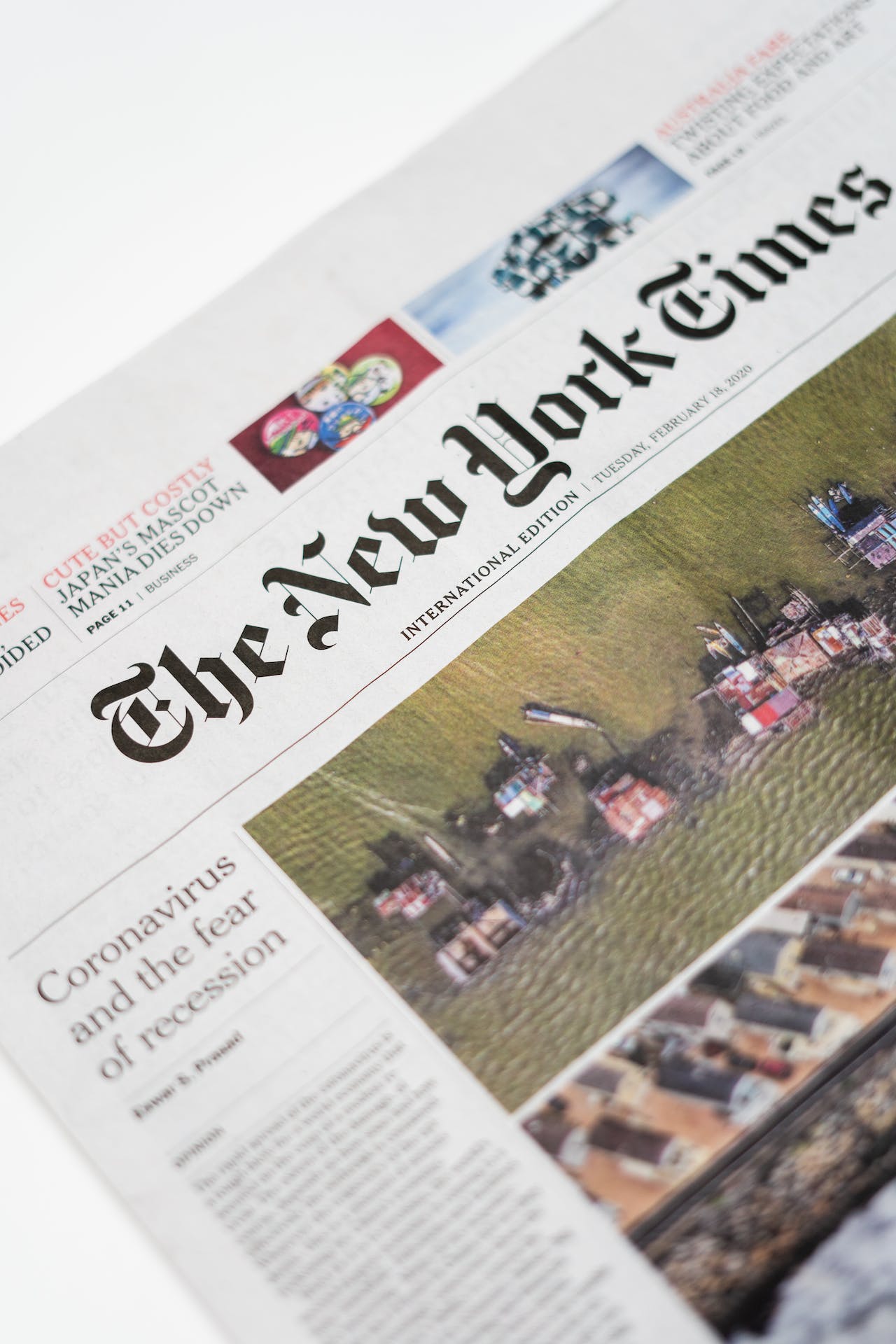In a significant legal challenge that could reshape the landscape of artificial intelligence (AI) development, The New York Times has filed a lawsuit against Microsoft and OpenAI, alleging widespread copying of its journalism for training AI chatbots. The New York Times lawsuit is emblematic of a broader debate surrounding the legality of using published works to train large language models without compensation, with implications reaching far beyond the media industry. It raises questions about the intersection of AI and intellectual property.
Interpretations of AI and intellectual property that lean towards permissiveness may provide a protective shield for AI companies, extending beyond conflicts solely involving news outlets like The Times. This legal leniency could impact disputes with various creative entities, including visual artists, record labels, and authors who have initiated legal actions against the developers of generative AI tools.
At the heart of the matter is the allegation by The Times that millions of its articles were utilized without permission to train AI products, which now compete directly with the newspaper by providing reliable information to users. The New York Times lawsuit, filed in Federal District Court in Manhattan, claims that the defendants sought to exploit The Times’s substantial investment in journalism without proper authorization or compensation.
OpenAI responded with a statement asserting their commitment to respecting the rights of content creators and owners, emphasizing their willingness to collaborate to ensure mutual benefits from AI technology and new revenue models.
The legal battle underscores the broader implications for AI development, potentially influencing how companies leverage web data to enhance products such as the widely-used chatbot, ChatGPT. Creative professionals view the advent of AI tools as both an existential threat to their fields and another instance of Big Tech exploiting the labor of others for substantial gains.
Rick Allen, co-founder of Nautilus Productions, a stock footage company, highlighted the dependence of generative AI models on others’ creative input, emphasizing the importance of obtaining proper permissions. Critics argue that AI backers are challenging traditional views of copyright law and caution against prioritizing unbridled innovation over legal and ethical considerations.
Venture capital firm Andreessen Horowitz, a backer of OpenAI, has argued that imposing copyright liability on AI model creators could hinder development and innovation, potentially jeopardizing the United States’ leadership in global AI development.
Financial analysts anticipate a potential resolution through licensing deals, with other news outlets like Axel Springer and the Associated Press having already entered such agreements with OpenAI. Evercore ISI analysts predict that The New York Times may sign several AI licensing deals in the coming years, potentially generating low tens of millions of dollars in annual revenue.
Despite the possibility of a resolution, concerns persist among advocates for creative professionals. The changing web landscape, with users increasingly accessing information outside traditional browsers, poses a threat to advertising revenue tied to search. AI tools like ChatGPT, positioned as intuitive replacements for conventional search engines, could impact media companies reliant on ad-based models.
The financial incentives for media companies to collaborate with AI entities may have implications for the broader creative ecosystem. While investors appear optimistic about potential resolutions, concerns persist about the impact on work-for-hire artists who lack the resources to combat potential misuses of their intellectual property by AI companies. As the legal battle unfolds, it remains a pivotal moment with far-reaching consequences for the future of AI development and its relationship with intellectual property rights.
Source: Yahoo Finance



